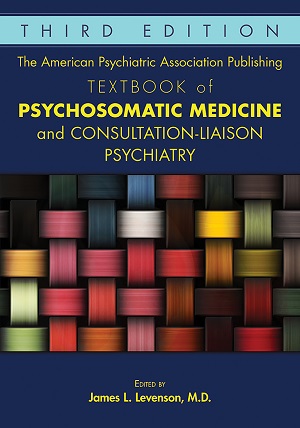Sections
Excerpt
The divide between neurology and psychiatry is viewed by some as a historical artifact (Baker et al. 2002). New developments in neuroscience are bringing an understanding of the mechanisms of interactions among biological, psychological, and social aspects of illness, making this one of the most intellectually fascinating areas of work for a psychiatrist. Psychiatrists working in a clinical neurosciences center are likely to be required to address four main categories of clinical problems:
Access content
To read the fulltext, please use one of the options below to sign in or purchase access.- Personal login
- Institutional Login
- Sign in via OpenAthens
- Register for access
-
Please login/register if you wish to pair your device and check access availability.
Not a subscriber?
PsychiatryOnline subscription options offer access to the DSM-5 library, books, journals, CME, and patient resources. This all-in-one virtual library provides psychiatrists and mental health professionals with key resources for diagnosis, treatment, research, and professional development.
Need more help? PsychiatryOnline Customer Service may be reached by emailing [email protected] or by calling 800-368-5777 (in the U.S.) or 703-907-7322 (outside the U.S.).



